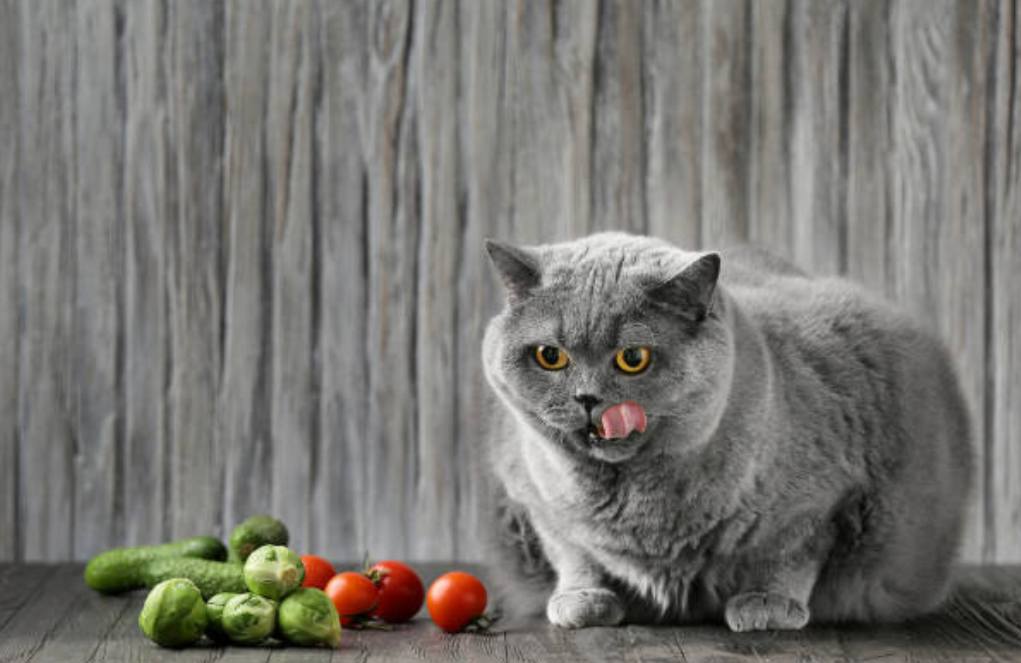Feeding your cat a vegan diet may seem unconventional, but with the right knowledge and guidance, it can be a viable choice for both ethical and health reasons. In this comprehensive guide, we will explore ten essential tips to ensure that your vegan cat receives the proper nutrition and care. Let’s dive in!
5 Common Reasons Why Your Cat Throwing Up Food: Best Complete Guide
1. Understand Your Cat’s Nutritional Needs
Just like humans, cats have specific dietary requirements. They are obligate carnivores, which means they rely on certain nutrients found in animal products. When transitioning your cat to a vegan diet, it’s crucial to understand its nutritional needs to avoid any deficiencies. Proteins, taurine, vitamin A, and arachidonic acid are some of the vital nutrients your vegan cat will need.
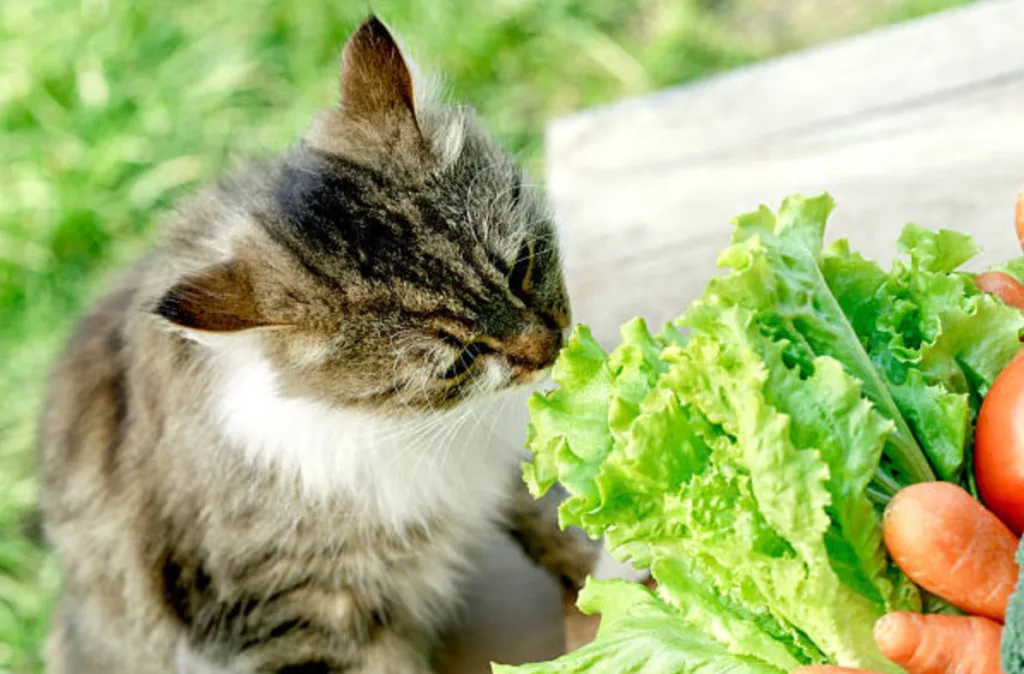
2. Consult with a Veterinarian
Before making any dietary changes for your cat, consult with a veterinarian experienced in feline nutrition. They can provide personalized guidance based on your cat’s health, age, and specific requirements. A veterinarian can help you create a balanced vegan meal plan or recommend suitable vegan cat food brands that meet your cat’s nutritional needs.
7 Fascinating Facts About Cats and Chocolate: Unveiling the Sweet Surprises
3. Gradually Transition Your Cat’s Diet
A sudden change in your cat’s diet can lead to digestive issues and refusal to eat. To prevent this, introduce vegan food gradually. Start by mixing a small portion of vegan cat food with their regular food and slowly increase the proportion over several days or weeks. This gradual transition allows your cat’s digestive system to adapt and reduces the chances of digestive upset.
Real-life Example:
When I transitioned my cat to a vegan diet, I began by mixing a tablespoon of vegan cat food with his regular food. Over two weeks, I increased the proportion of vegan food while reducing the regular food until he was solely eating the vegan diet. This method helped my cat adjust without any digestive issues.
4. Choose High-Quality Vegan Cat Food
Selecting high-quality vegan cat food is essential to ensure your cat receives the necessary nutrients. Read the labels and ingredient lists carefully. Look for vegan cat food brands that include plant-based protein sources like soy, peas, or lentils. Additionally, ensure the food is fortified with taurine, vitamin A, and other essential nutrients that your cat needs to thrive.
10 Essential Tips for Caring for Your Cat Rag Doll: The Ultimate Guide
5. Monitor Your Cat’s Health and Well-being
Regular veterinary check-ups are crucial for monitoring your vegan cat’s health and addressing any potential issues. Keep an eye out for signs of nutritional deficiencies such as dull coat, weight loss, or lethargy. If you notice any concerning symptoms, consult your veterinarian promptly. Remember, each cat is unique, and individualized care is key to their well-being.
6. Provide Environmental Enrichment
A healthy diet is just one aspect of your cat’s well-being. Environmental enrichment is equally important. Make sure your vegan cat has plenty of opportunities for exercise and playtime. Engage them with interactive toys, scratching posts, and climbing structures. Creating a stimulating environment can contribute to their overall happiness and contentment.
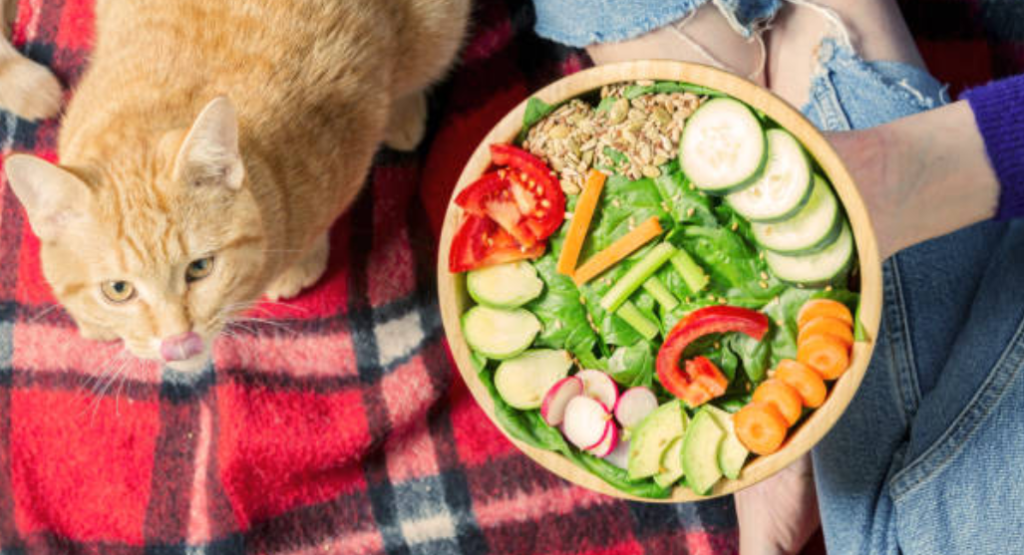
7. Addressing Common Concerns and Misconceptions
When it comes to feeding a vegan diet to cats, there are often misconceptions and concerns raised. It’s important to address these to make informed decisions. One common misconception is that cats cannot thrive on a vegan diet. While it is true that cats have unique nutritional requirements, a well-planned vegan diet can meet those needs. By consulting with a veterinarian and ensuring proper supplementation, you can provide your cat with a balanced and healthy vegan diet.
10 Effective Strategies to Solve the Cat Pooping Outside Litter Box Dilemma
8. Supplementing Your Cat’s Diet
To ensure your vegan cat receives all the necessary nutrients, supplementation is crucial. Talk to your veterinarian about appropriate supplements for your cat, such as taurine, vitamin B12, and omega-3 fatty acids. These supplements help bridge any nutritional gaps and support your cat’s overall health. Administering the supplements in the correct dosage and frequency is vital, so follow your veterinarian’s guidance.
Real-life Example:
Based on my veterinarian’s advice, I started giving my vegan cat a taurine supplement twice a week. Additionally, I added a vegan omega-3 supplement to his diet to support his coat health and overall well-being. These supplements, along with a balanced vegan meal plan, have kept my cat healthy and thriving.
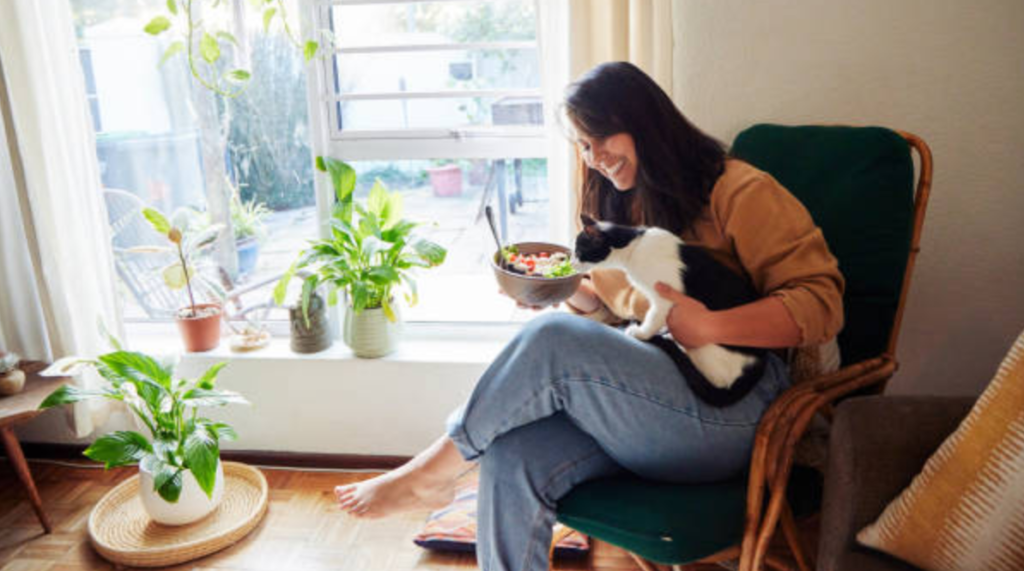
9. Introduce Variety in the Diet
Just like humans, cats can benefit from a varied diet. While it’s essential to provide a nutritionally balanced vegan cat food as the main component, you can occasionally incorporate small amounts of fresh fruits or vegetables that are safe for cats. Always research which foods are safe and consult your veterinarian before introducing any new ingredients to your cat’s diet.
10. Stay Informed and Adapt as Needed
As the field of feline nutrition evolves, it’s crucial to stay informed about the latest research and recommendations. Nutritional requirements may vary depending on your cat’s age, health condition, and individual needs. Continuously monitor your cat’s well-being, consult with your veterinarian, and be open to adjusting their diet as necessary to ensure optimal health.
10 Safe and Healthy Human Foods Cats Can Eat: A Comprehensive Guide
Frequently Asked Questions
Q: Can all cats thrive on a vegan diet?
A: While cats are obligate carnivores, some can adapt to a well-planned vegan diet. However, it’s essential to consult with a veterinarian to ensure proper supplementation and individualized care. Certain cats, such as those with pre-existing health conditions, may not be suitable candidates for a vegan diet.
Q: What if my cat refuses to eat vegan food?
A: Cats can be picky eaters, and transitioning to a new diet may take time. Ensure you’re introducing the new food gradually and consider trying different vegan cat food brands to find one that your cat enjoys. If your cat consistently refuses to eat vegan food, consult with a veterinarian for alternative options or guidance.
Q: Are there any potential risks or side effects?
A: The main concern with a vegan diet for cats is the risk of nutritional deficiencies. Cats require specific nutrients like taurine, vitamin A, and arachidonic acid, which are typically found in animal products. Proper supplementation and regular monitoring of your cat’s health are crucial to prevent deficiencies and address any potential side effects.
Vegan cat food, most relevant content around the net www.youtube.com, www.bbc.com, www.aspca.org
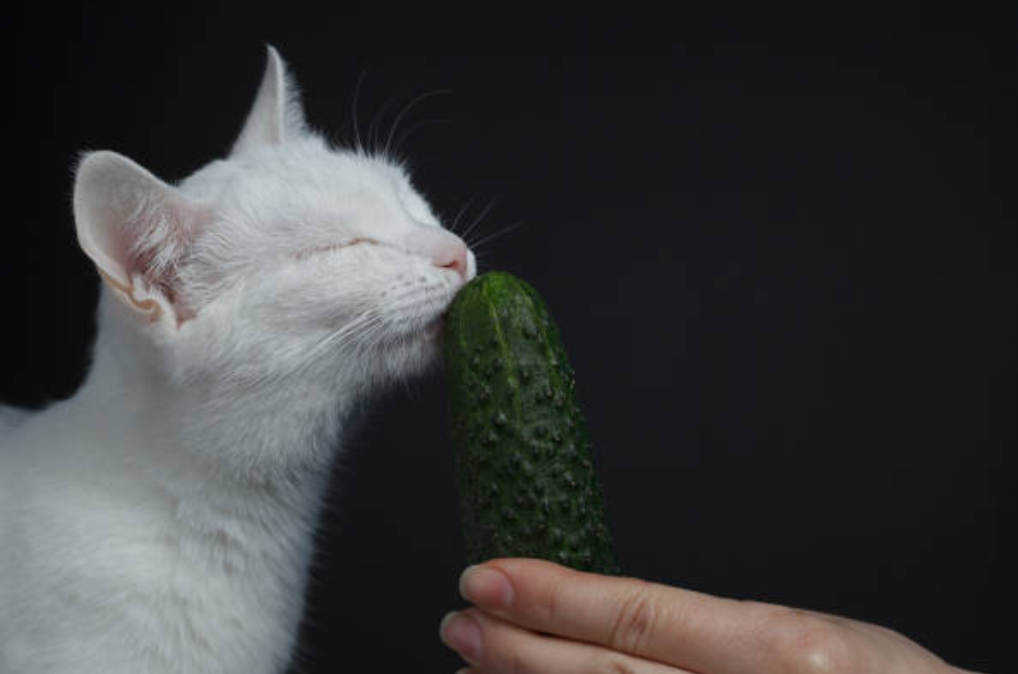
Conclusion Of Vegan Cat Food
Feeding your vegan cat requires careful consideration, consultation with a veterinarian, and attention to their individual needs. By understanding their nutritional requirements, gradually transitioning their diet, choosing high-quality vegan cat food, and providing necessary supplements, you can support your cat’s health on a vegan diet. Remember to monitor their well-being, address concerns, and provide environmental enrichment for their overall happiness. With proper care and attention, your vegan cat can thrive and lead a healthy life.
We value your thoughts and experiences! We invite you to share your insights and questions in the comments section below. Have you transitioned your cat to a vegan diet? What challenges did you encounter, and how did you overcome them? Your input can contribute to a vibrant discussion and provide valuable perspectives to the community. We look forward to hearing from you and fostering a supportive and informative conversation about vegan cat care.
